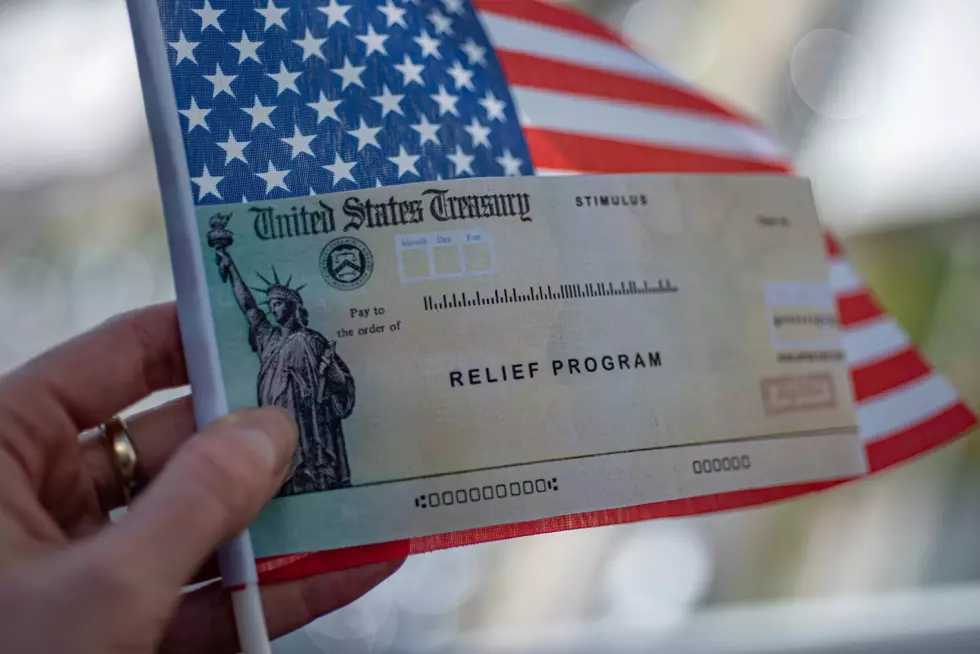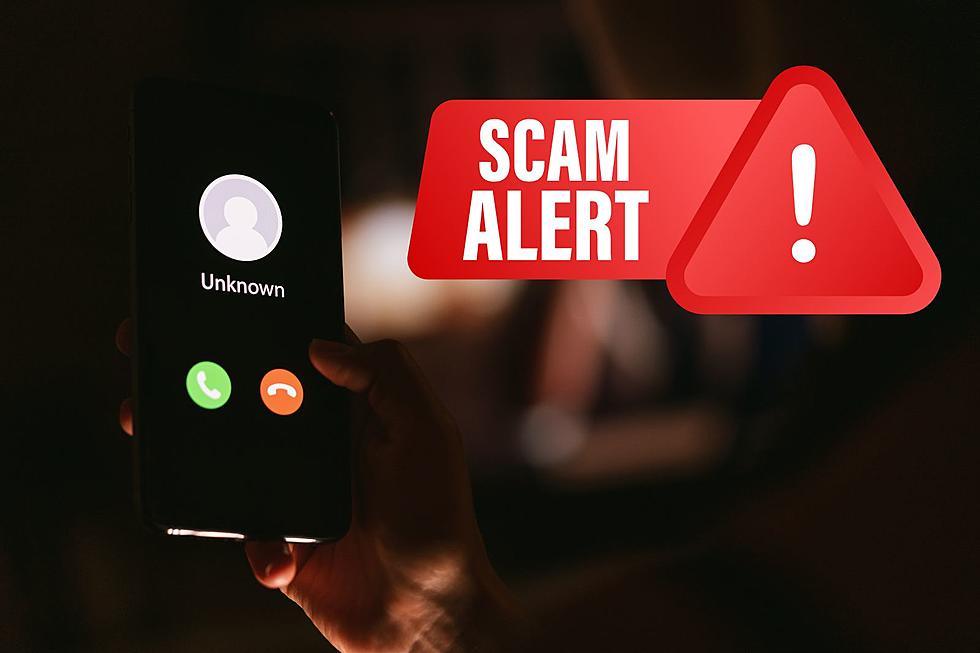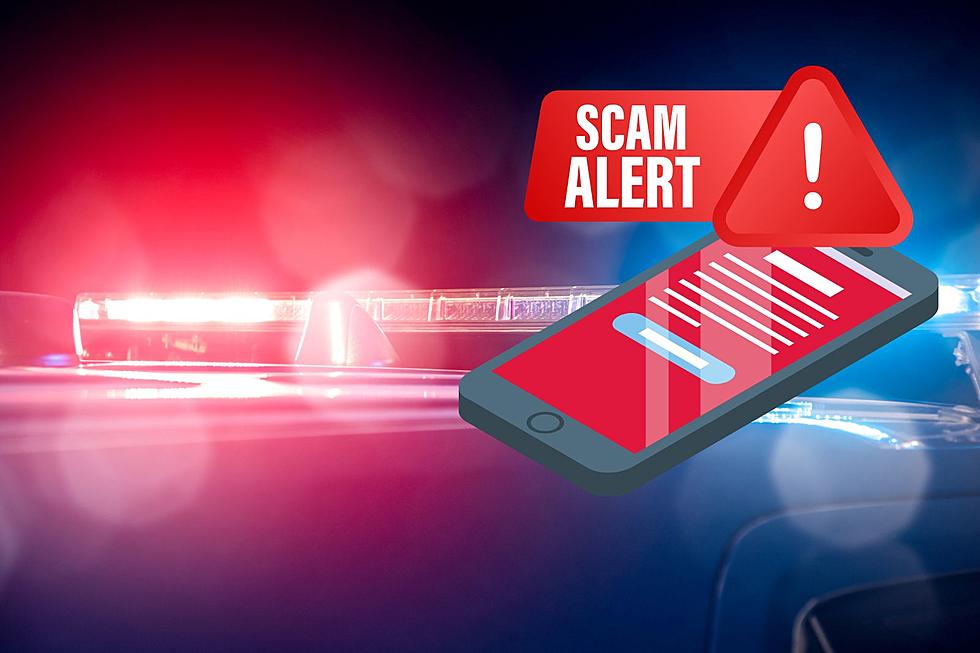
IRS Warns of New COVID-19 Stimulus Scams
As the new round of stimulus payments start making their way in to bank accounts across the country, the IRS is giving you a heads up about a few related scams they've seen pop up.
It's no surprise they're seeing an increase in scams since the announcement of the additional checks. I'm no con artist or thief, but for those that are, the government practically did all the hard work for them by telling them exactly who would be getting money (everyone), how much they would be getting, and when it would likely show up. All they have to do is come up with some sort of idea that sounds believable, and start calling, texting, or e-mailing people. They don't have to wonder if the person they're targeting has money or not. They know they have at least $600.
I'm not blaming the government for the scams. Of course they needed to tell everyone. As nice as it would be to have $600 magically show up in my bank account, I'd be a little suspicious of where it came from if I wasn't given some sort of advanced warning. The point is, as nice as the extra money is, it does put a target on us.
Here's what you need to be on the lookout for.
5 COVID-19 Scams to be Aware of
The IRS says the best line of defense is knowing how they communicate with the public. It should come as no surprise that "unsolicited texts or emails" and calls with "threats of jail or lawsuits" are not on the list. Remember, if it sounds to good to be true, it smells fishy, it probably is.
[Source: IRS]

KEEP READING: Text Scams That Look Legit Are On The Rise Involving Apple, FedEx, Food Stamps and More
More From WDKS-FM









